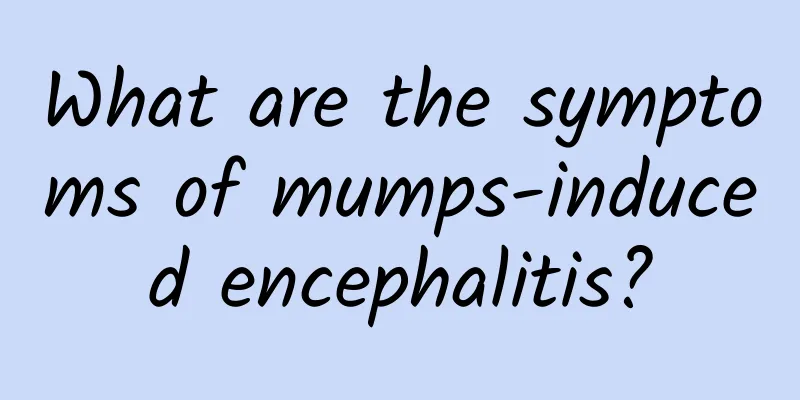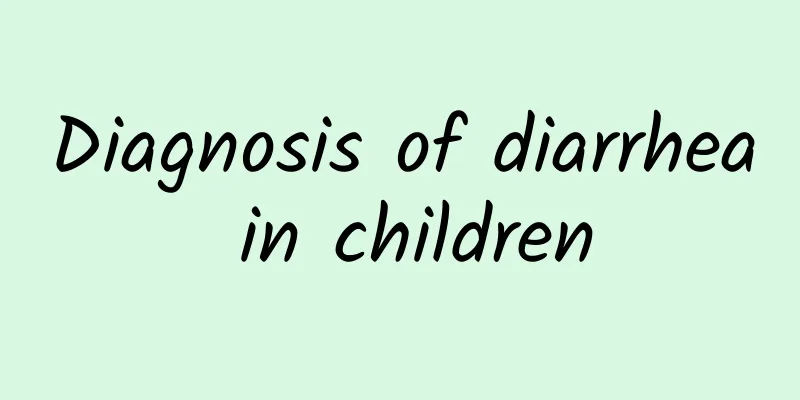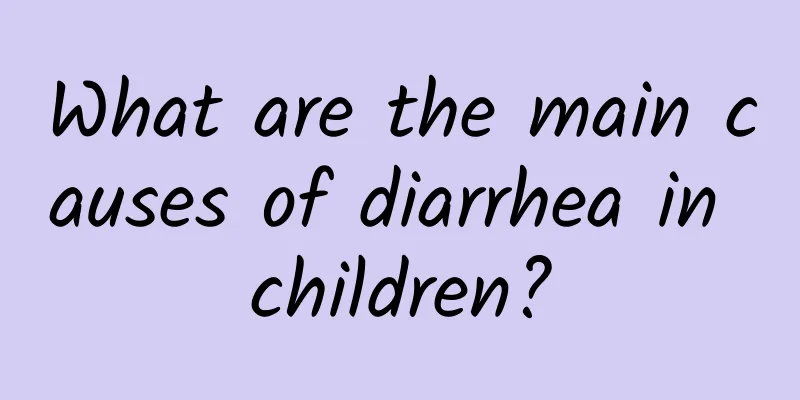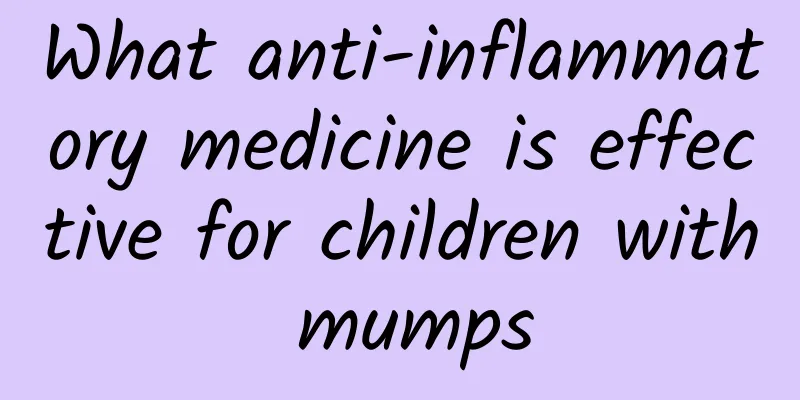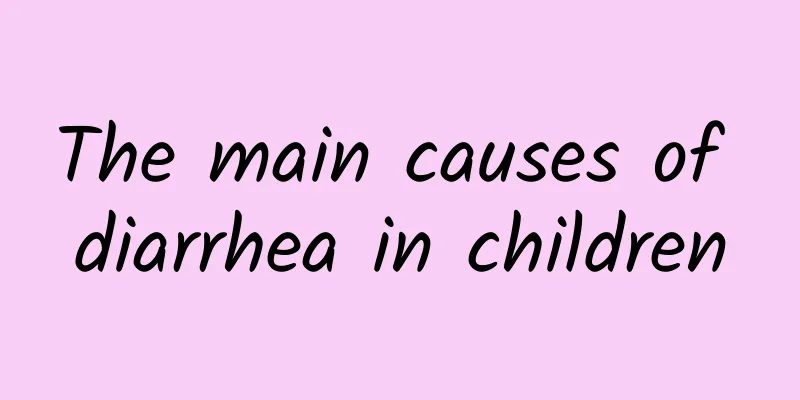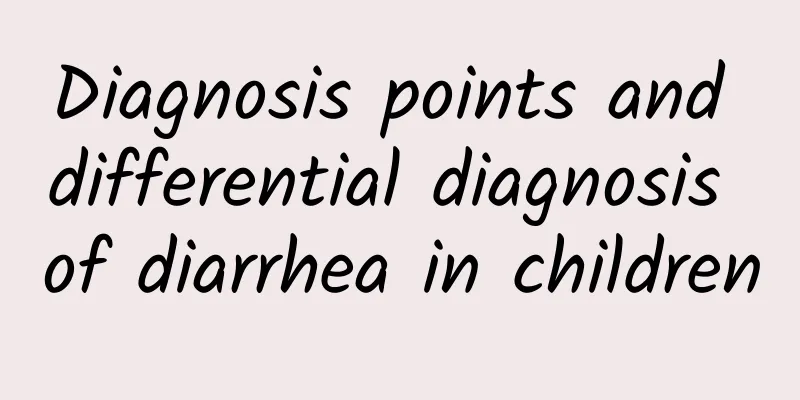How to prevent hand, foot and mouth disease in children? How to prevent hand, foot and mouth disease in children?
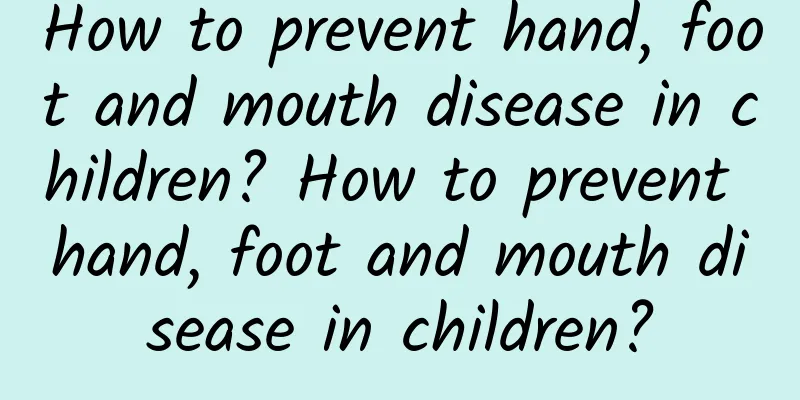
|
Hand, foot and mouth disease is common in children under 5 years old. It is usually an infectious disease caused by enterovirus. Patients will experience mouth pain, anorexia, and fever. Some can heal themselves in about a week, but severe cases can threaten children's lives. Therefore, we should pay attention to prevention. So how to prevent hand, foot and mouth disease in children? How can children prevent hand, foot and mouth disease? 1. How to prevent hand, foot and mouth disease in children 1. Develop good personal hygiene and eating habits, wash hands before meals and after defecation, and take a bath frequently. 2. Drink boiled water, not raw water, do not eat raw or cold food, and heat up leftovers before eating. 3. Parents should frequently ventilate the room where their children live. 4. Try to avoid taking your children to crowded public places as much as possible, especially try to avoid contact with other children with fever or rash diseases to reduce the chance of infection. 5. Pay attention to the proper combination of nutrition for your child, and let your child get enough rest and get appropriate sun exposure to enhance their immunity. 6. Pay attention to the cleanliness and hygiene indoors and outdoors of the home, and expose the clothes and bedding of family members to the sun. 7. Poultry and livestock should be kept in pens to avoid mixing people and livestock. In particular, direct contact between children and poultry and livestock should be reduced. 8. Parents should pay more attention to observe changes in their children's physical condition. Once they find that their children have fever, rash and other symptoms, they should take their children to the hospital as soon as possible and actively cooperate with the doctor's treatment. 9. Childcare institutions should conduct morning physical examinations and isolate and treat any suspected patients in a timely manner. 10. Child care institutions should clean and disinfect toys, utensils, etc. every day to reduce indirect contact transmission. 11. Strengthen hospital infection control work to avoid cross-infection in the hospital. 12. Strengthen food and environmental hygiene work to reduce the spread of hand, foot and mouth disease through food and places. 2. Early symptoms of hand, foot and mouth disease 1. Incubation period The onset of hand, foot and mouth disease generally has an incubation period of 3-5 days. During the incubation period, many children with poor resistance will not get sick and have no obvious symptoms. They can usually overcome it on their own. However, children with poor resistance may quickly become ill during the following period. 2. Fever symptoms Children with poor resistance will have fever symptoms in the early stages of hand, foot and mouth disease infection, usually with a high and persistent body temperature. 3. Cold-like symptoms Hand, foot and mouth disease usually presents with cold-like symptoms in the early stages, with children suffering from headaches, coughs, runny noses, etc. As the disease progresses and the course of the disease increases, the symptoms will become more and more severe. 4. Red papules Children who are sick may develop small red papules on their oral mucosa, lips, palms, soles of feet, buttocks, etc. within 1-2 days of fever, which may then develop into small blisters containing turbid fluid. 5. Crying for unknown reasons Due to the high fever and small papules after the onset of hand, foot and mouth disease, children may suffer from physical discomfort. Children may cry, feel irritable, drool, have a decreased appetite, or even refuse to eat. |
<<: Six-month-old baby coughs, stuffy nose and diarrhea
Recommend
What medicine is better for babies with severe bronchitis cough? How to treat babies with severe bronchitis cough?
The cough symptoms caused by bronchitis are quite...
What vegetables are good for children with diarrhea? What vegetables can children eat with diarrhea?
Children have poor resistance and are easily infe...
Chinese medicine diet therapy and modern nutrition are two different things
In layman's terms, Chinese diet therapy is a ...
Best hospital for the treatment of acute laryngitis in children
Acute laryngitis in children troubles many parent...
What medicine should children take for cough
Children need to take four main types of drugs fo...
Two ways to provide good care for children. What are the causes of pathological jaundice?
Neonatal jaundice refers to a disease characteriz...
What are the reasons for high jaundice in newborns? Revealing the three reasons for high jaundice in newborns
Jaundice is a relatively common local disease, wh...
What to do with jaundice in children
Pediatric jaundice is a problem faced by many par...
What are the typical symptoms of neonatal jaundice
What are the typical symptoms of neonatal jaundic...
Is polio hereditary?
Polio is not usually directly inherited, but may ...
What is the standard jaundice value? How long does it take for neonatal jaundice to appear?
Medically, jaundice in babies under one month old...
How to deal with baby's prickly heat? 5 folk remedies for baby's prickly heat
If your baby gets prickly heat, you can use flora...
What tests should be done for diarrhea in children
In life, pediatric diarrhea is a common disease, ...
What are the good jaundice hospitals?
In real life, there may be many new mothers who d...
How to quickly reduce neonatal jaundice? How long does it take for neonatal jaundice to subside?
After the fetus is born, the environment is very ...
